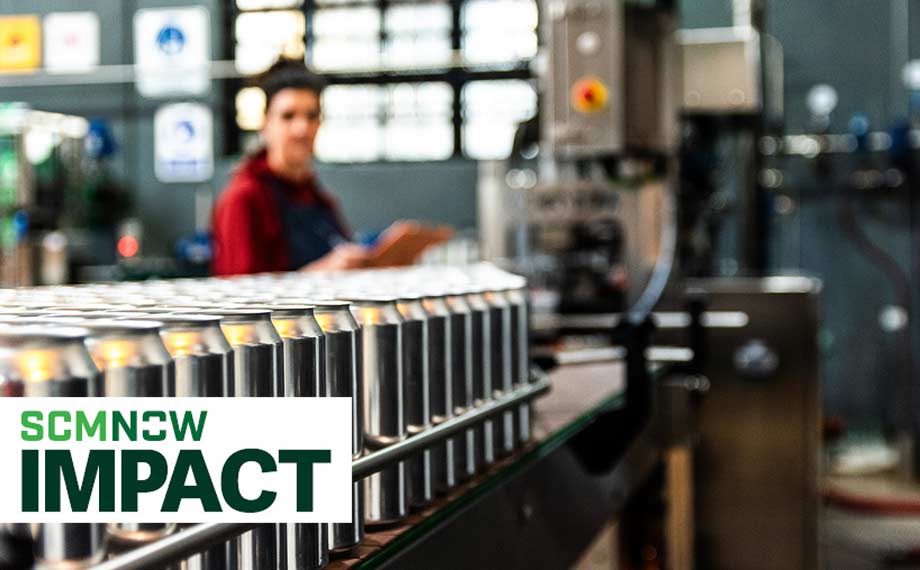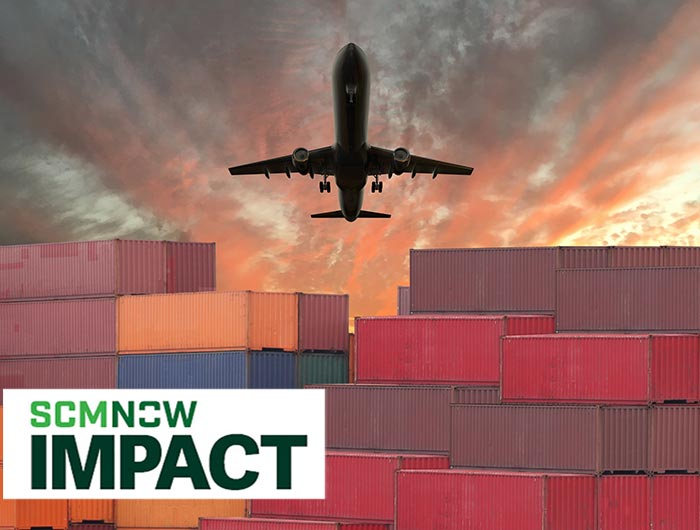One of Covid’s lasting effects is an interesting change in many people’s lifestyles. In 2020, as restaurants struggled, many of us stayed home and discovered how to make the most of our pantries. Bakery doors were closed, but the sourdough revolution had begun. Some of us became amateur mixologists and learned how to craft our own cocktails. Profits in the alcoholic beverage trade soared, adding jobs well into 2023. Unfortunately, no industry’s high can last forever, and the latest round of tariffs may end the party for American beer drinkers.
This week, President Trump announced a blanket 25% tariff on all steel and aluminum imports, with the purported goal of increasing demand for U.S.-made products. Unfortunately, these tariffs “are expected to negatively affect the nation’s craft brewers by driving up the cost of critical materials used to brew, house and serve their beer,” reports CNN. Economists believe the tariffs will raise producer prices for steel and aluminum 15%-20% in the coming months — equaling an added import cost of $150 per ton, per Reuters.
It’s also significant to note that, for the first time in nearly 20 years, more craft breweries closed than opened last year. This trend may continue, with significant increases in the cost of essential materials disrupting supply chains and squeezing profit margins. The United States imports about 40% of its steel from Canada and Mexico, and “beer in aluminum cans accounts for approximately 75% of craft breweries’ packaged volume and revenue,” CNN continues. Steel is used throughout the brewing process.
Meanwhile, Pittsburgh-based U.S. Steel is “applauding” the tariffs, per the Pittsburgh Post-Gazette. In a statement to the newspaper, company leaders said that “tariffs, paired with innovative technology and investment, will have U.S. Steel poised to lead a new Golden Age of American steelmaking.” On the other hand, Charlotte-based Nucor, the largest steel producer in the country, has already told its customers to prepare for its “rebar product prices to spike.”
In 2018, Trump implemented tariffs of 25% on steel and 10% on aluminum, Reuters adds, “but later granted several trading partners duty-free exemptions, including Canada and Mexico.” The New York Times summarized the effects this way: “Manufacturers of trucks, appliances and construction equipment scramble to find U.S. sources of metal inputs, keeping steel and aluminum producers busier than they were before. Companies that need specific alloys that aren’t made domestically are forced to pay more. Prices rise, making end products more expensive.”
Keeping spirits high
Tariffs can leave a bitter taste in the mouth, but ASCM education is always pleasing to the palate. Be sure to join global trade expert Tom Cook for Optimizing Sourcing and Supplier Relationships in a Tariff-Risk Landscape. In this webinar, he’ll discuss strategies for mitigating tariff risks and optimizing sourcing and supplier relationships, no matter the global trade dynamic.
And all of us at ASCM are also excited to announce a new version of the Certified in Logistics, Transportation and Distribution (CLTD) credential, which really meets the moment and reflects the most critical changes in our ever-evolving business landscape. The update is specifically designed to equip supply chain professionals with critical knowledge about technology integration, risk management, practical applications and much more. Plus, professionals who earn the CLTD enjoy a 19% salary boost — cheers to that!



